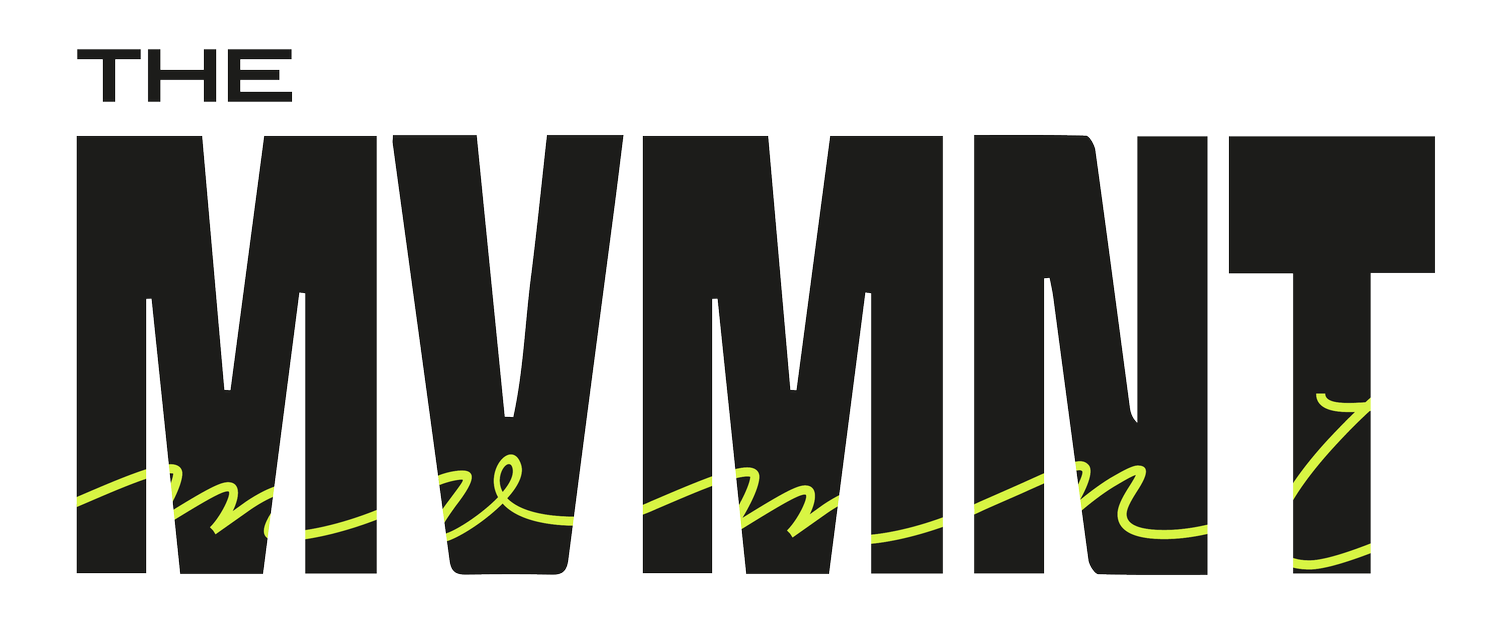Fitness and Nutrition “Ins” and “Outs” for a Healthy Lifestyle
In a world brimming with fitness and nutrition trends, it’s easy to get swept up in the latest fads that promise quick fixes and dramatic results. However, the foundation of effective health and wellness lies in the basics. While trendy diets and exercise routines can be enticing, they often overlook fundamental principles that are crucial for long-term success. Understanding and sticking to the basics — like regular movement, nutrient-dense foods, and ultimately how you FEEL about these practices — are essential for achieving sustainable health goals. This blog will highlight the “ins” and “outs” of fitness and nutrition so that you can live a healthy lifestyle that enhances your wellbeing and doesn’t hinder your progress.
The “Ins” of Fitness and Nutrition
Moving in Ways that Feel GOOD
Gone are the days when exercise only meant grueling gym sessions and boring routines. Today, it's about finding activities that bring you joy. Whether it’s dancing, playing pickleball, or running, the key is to engage in movement that you genuinely enjoy. This approach not only makes working out more enjoyable but also helps you stay consistent.
Progressive Overload
To continue making progress in your fitness journey, embracing progressive overload is essential. This principle involves gradually increasing the intensity of your workouts to challenge your muscles and improve strength over time. It's a scientifically-proven method to keep your workouts effective and prevent plateaus.
Eating More Than Three Meals Per Day
Eating more frequently throughout the day can help maintain energy levels and support your metabolism. There are so many “rules” that we have set for no reason and eating only 3 meals is one of them! Consider incorporating snacks that resemble smaller meals to prolong energy through stabilized blood sugar, support hormones, and keep hunger satisfied through the day.
Drinking a Gallon of Water Per Day
Hydration is key to overall health. Aiming to drink a gallon of water per day can help keep your body hydrated, support digestion, and improve skin health. It’s a simple yet effective way to enhance your daily wellness routine.
High Protein Diets Composed of Whole Foods
Opting for a high-protein diet made up of whole foods can support muscle growth and recovery, satiety after meals, hormone health and regulation, and a variety of other essential internal processes. Aim to consume the majority of your protein through real foods, and supplement only to fill gaps.
Self Awareness & Accountability in Your Health and Fitness Journey
Achieving your fitness goals requires self-awareness and accountability. Being honest with yourself about your progress and setbacks helps you stay on track and make necessary adjustments to your plan.
Realizing the Quick Fix Is Not the Long-Term Solution
In the world of fitness and nutrition, quick fixes rarely lead to sustainable results. Emphasize long-term, healthy habits over short-term solutions to build a strong foundation for lifelong wellbeing. It’s not a lifestyle if you don’t have a LIFE.
Not Masking an All-or-Nothing Mindset with “Discipline”
Discipline is an amazing thing. I am a huge proponent of leaning on discipline over motivation. Discipline sometimes requires sacrifice, but it does not require being miserable. If your “discipline” is often marked by feelings of stress or a desperate need for control, you’re likely masking a bad habit or mindset.
Remembering You’re Not Supposed to Know It All
So often I see new clients come to me feeling frustrated about not knowing what to do. How would you know how much protein to eat if you weren’t educated on it? How would you know how to structure an exercise program? These aren’t things we learn in school; we have to go out of our way to learn about sustainable and helpful fitness and nutrition. Give yourself grace and seek out credible sources and professional guidance as needed. If you’re reading this — you’re in the right place!
The “Outs” of Fitness and Nutrition
Eliminating Entire Food Groups
Unless you have an allergy, stop labeling entire food groups as “off limits!” Banning entire food groups may lead to nutritional imbalances, but also tends to make it harder to maintain a sustainable diet. When you’re told you can’t do something, don’t you sometimes want to do it more? 🤪 Just me?! Instead, focus on moderation and variety to meet your nutritional needs — remembering your CHOICE around food is empowering.
All-or-Nothing Mindsets
Adopting an all-or-nothing mentality will set you up for failure. Instead of striving for perfection, aim for consistency and gradual improvements in your habits.
Taking Vitamins but Eating Like Trash
Supplements should complement a balanced diet, not replace it. Prioritize eating whole, nutritious foods over relying solely on vitamins to meet your nutritional needs.
Obsessing Over Calories Burned According to Fitness Devices
While fitness trackers such as Apple Watches and Fitbits can provide useful data, obsessing over every calorie burned isn’t worth your time. Not only can it lead to unhealthy habits, but there are numerous peer-reviewed studies suggesting calculated energy expenditure on these devices may not even be that accurate. but Focus on perceived exertion, or how you feel rather than just the numbers.
Stress Over Going Out to Eat
Dining out doesn’t have to derail your progress. Some tips for dining out include ordering grilled options instead of fried, asking for sauce or dressing on the side, and prioritizing protein at meals. PS — this doesn’t mean you won’t ever have the saucy, deep-fried version if that’s your jam. 😎
Only Cardio and No Strength Training
Focusing exclusively on cardio can lead to imbalances in your fitness routine. Incorporate strength training to build muscle, improve metabolism, and enhance overall fitness.
Only Strength Training and No Cardio
Similarly, neglecting cardio can limit your cardiovascular health and overall endurance. A balanced routine includes both strength training and cardiovascular exercise.
Calling HIIT Strength Training
High-Intensity Interval Training (HIIT) is primarily a cardiovascular workout, not a strength training one. Incorporate both types of exercises for a well-rounded fitness program.

